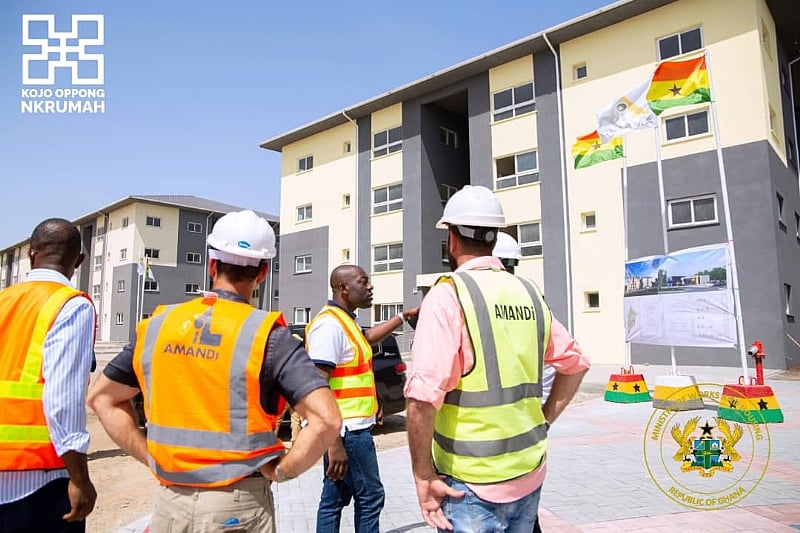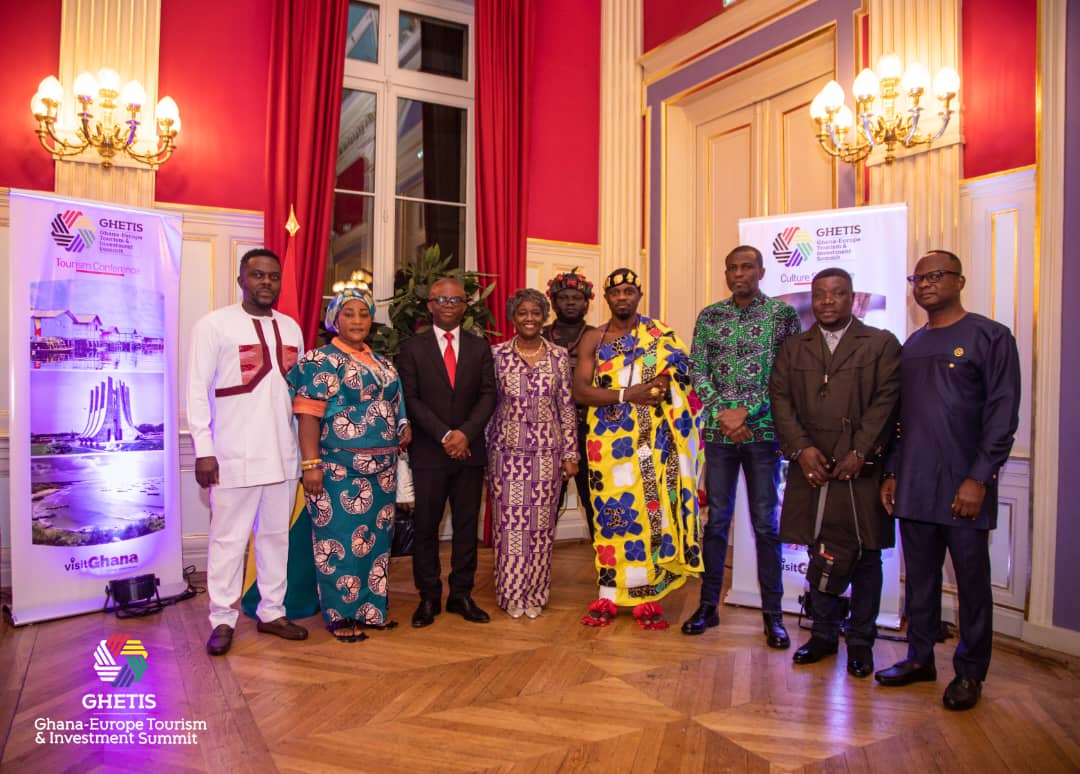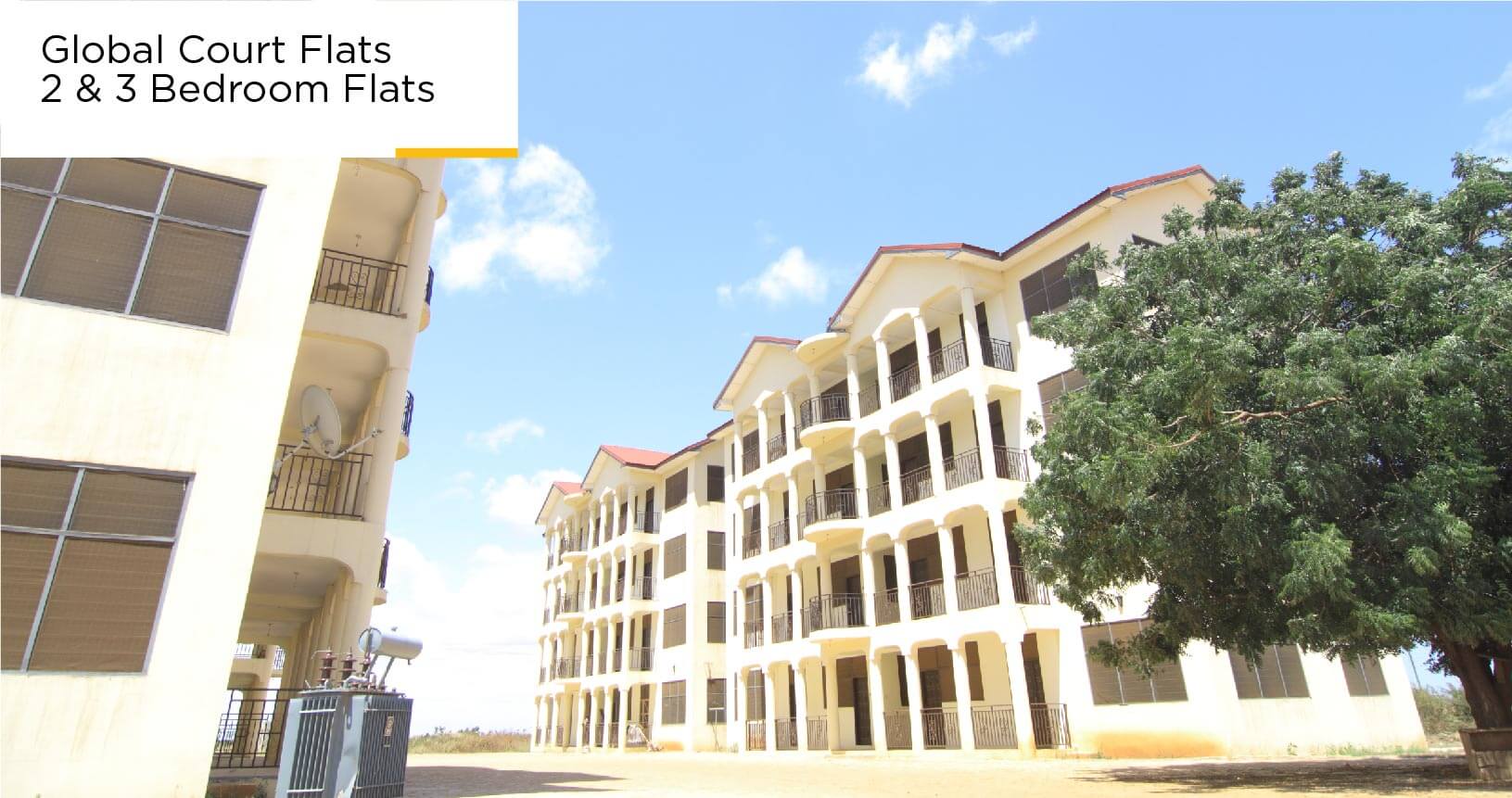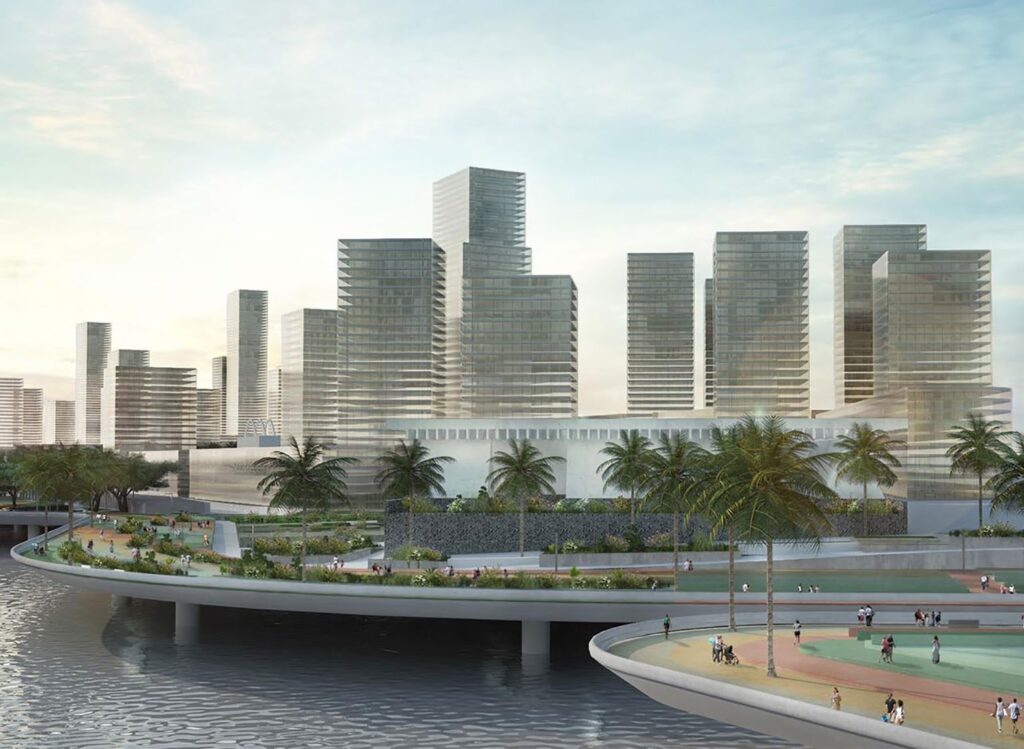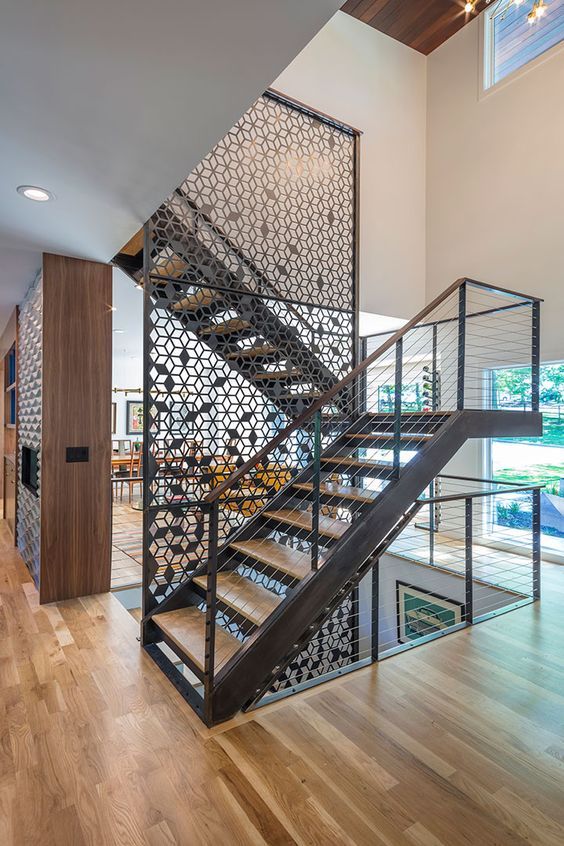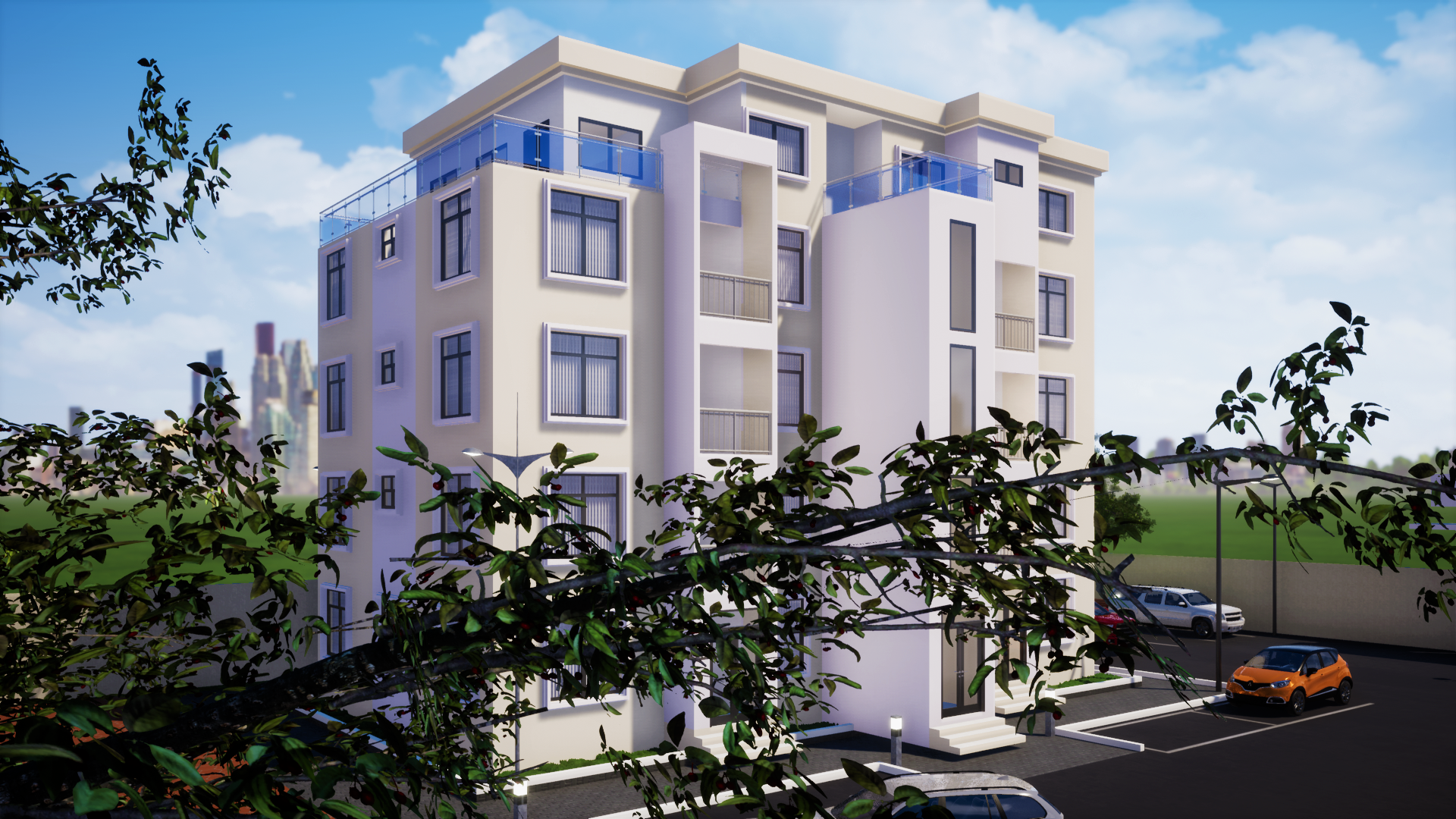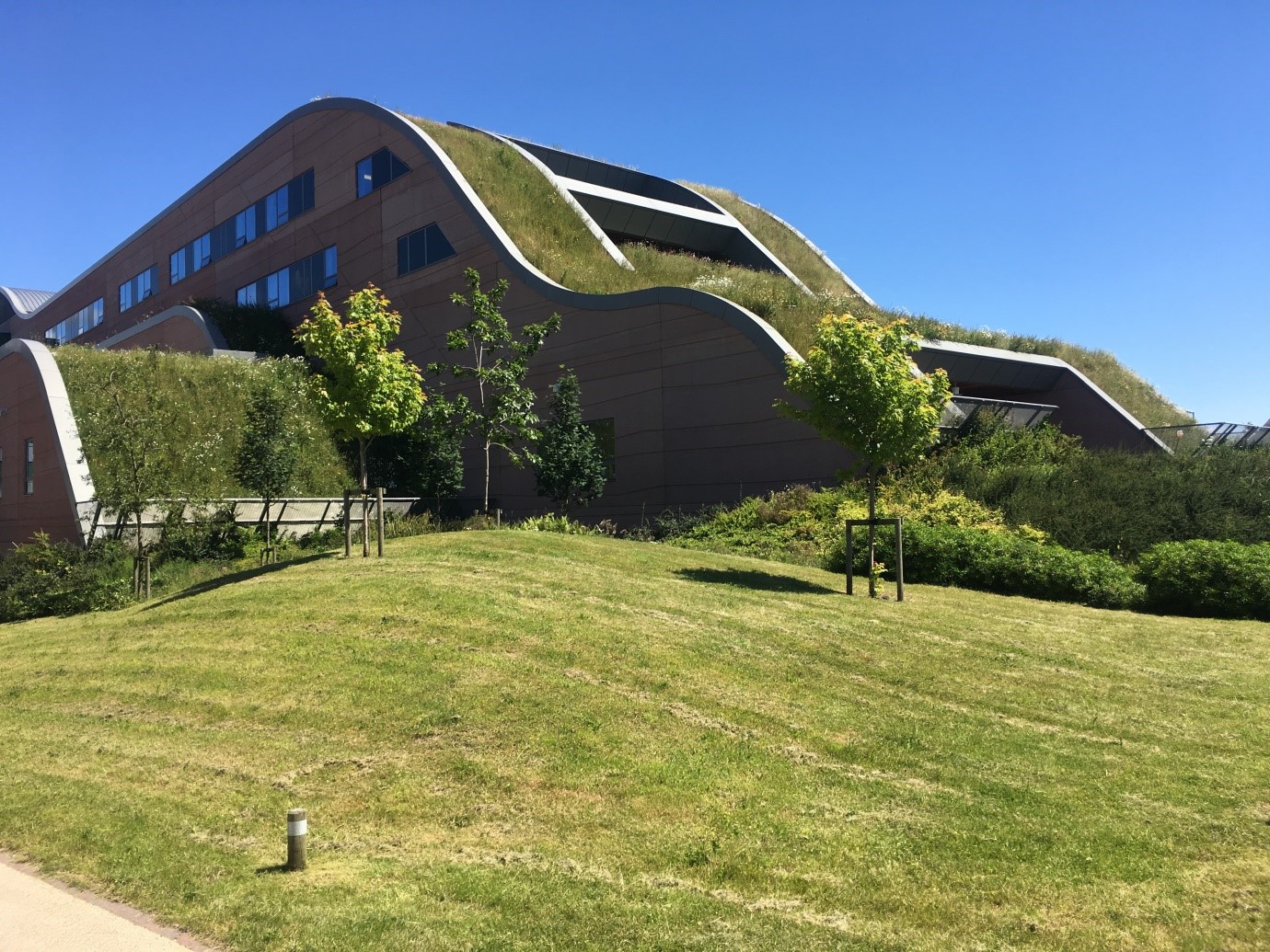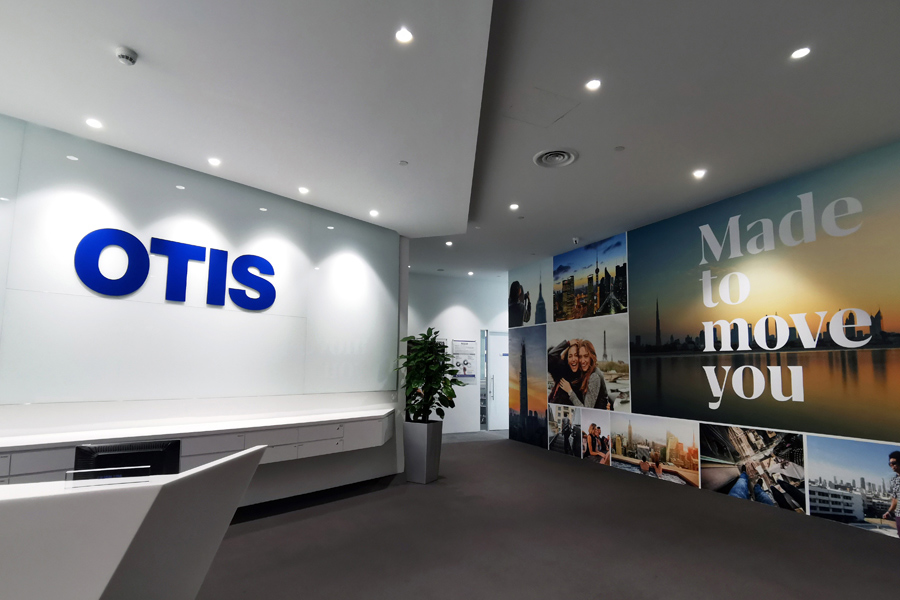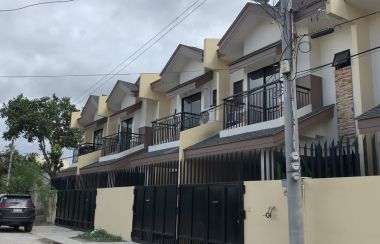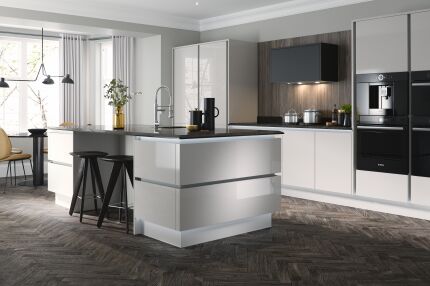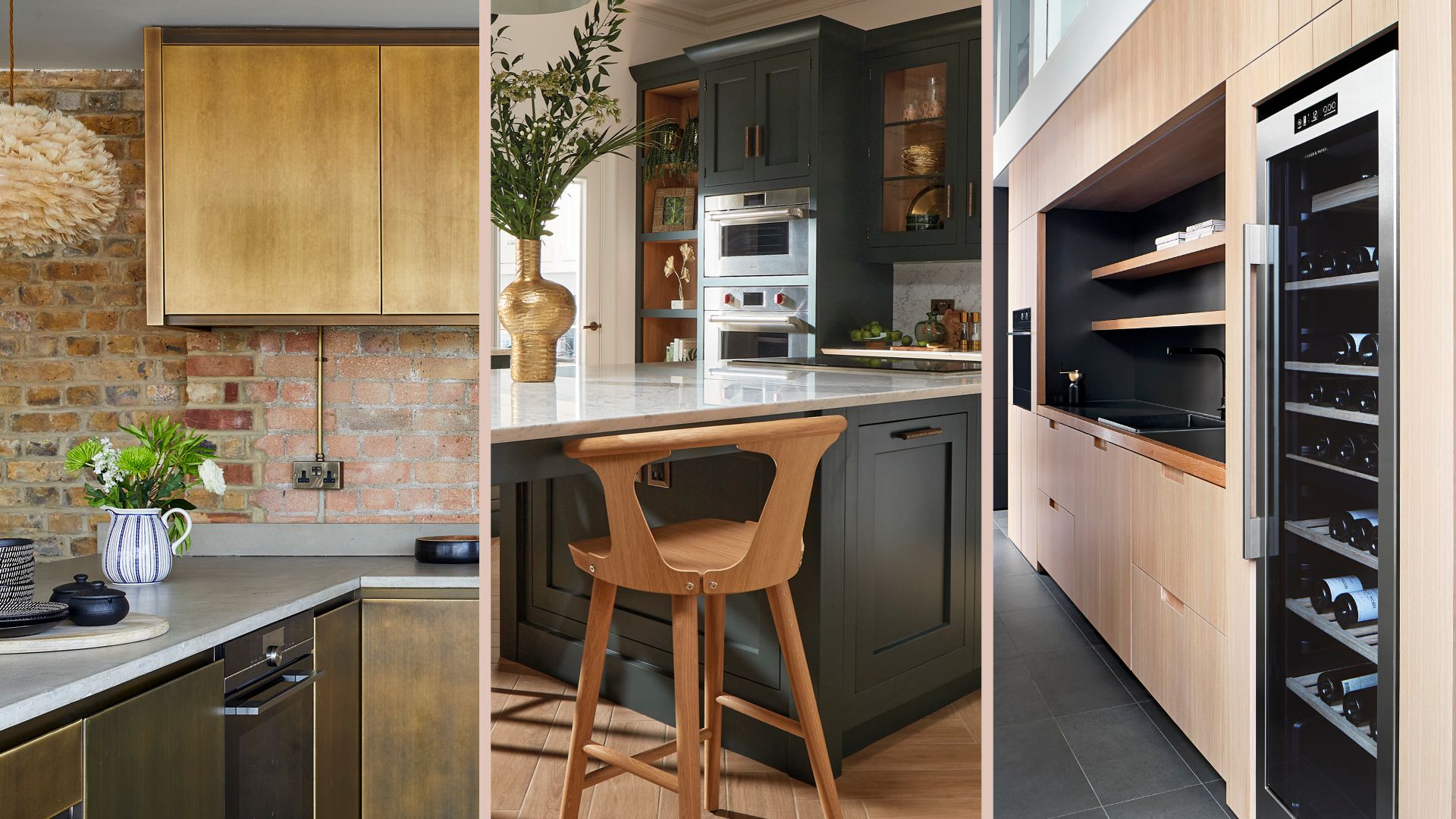The Rise of Green Buildings in Ghana, Gains, Prospects and Challenges
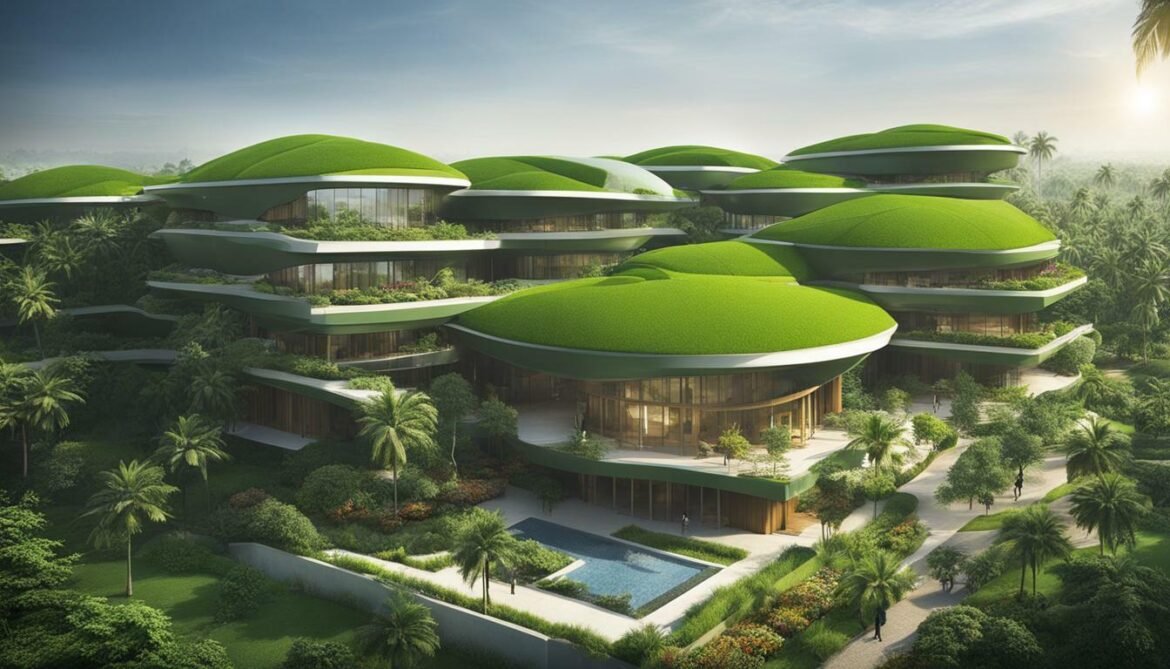
FILE PHOTO
Green buildings have gained traction in recent years in Ghana as part of efforts to create sustainable and environmentally-friendly structures creating sustainable and environmentally-friendly structures. These buildings are designed to minimize their impact on the environment by using materials and technologies that reduce energy consumption and promote the use of renewable resources.
While the concept of green buildings has many benefits, such as reducing carbon emissions, conserving natural resources, and promoting a healthier indoor environment, there are also challenges that need to be addressed to ensure their success in Ghana.
One of the main benefits of green buildings in Ghana is their potential to reduce the country's carbon footprint. By using renewable energy sources, such as solar panels and wind turbines, green buildings can significantly reduce their reliance on non-renewable resources, such as fossil fuels. This not only helps to combat climate change but also reduces energy costs for building owners and tenants. Additionally, green buildings are designed to maximize natural light and ventilation, creating a healthier and more comfortable indoor environment for occupants.
Furthermore, green buildings in Ghana have the potential to promote sustainable development practices and create new job opportunities in the construction sector. As the demand for green buildings continues to grow, construction companies will need to train their employees in sustainable building practices, creating a skilled workforce that can drive the transition to more environmentally-friendly buildings. This will not only benefit the local economy but also improve the overall quality of construction in Ghana.
Despite the many benefits of green buildings, there are also challenges that need to be addressed to ensure their success in Ghana. One of the main challenges is the high initial cost of green building materials and technologies. While the long-term savings in energy costs can offset these upfront expenses, many building owners are hesitant to invest in green building practices due to the perceived high cost. This highlights the need for government incentives and financing options to encourage more widespread adoption of green building practices in Ghana.
Another challenge facing green buildings in Ghana is the lack of awareness and education about their benefits. Many people are not familiar with the concept of green buildings or do not understand the impact they can have on the environment and their quality of life. More public awareness campaigns and educational programs are needed to educate the public about the benefits of green buildings and promote their widespread adoption.
In conclusion, green buildings have the potential to revolutionize the construction sector in Ghana by reducing carbon emissions, conserving natural resources, and promoting sustainable development practices. While there are challenges that need to be addressed, such as high upfront costs and lack of awareness, the gains of green buildings far outweigh the challenges. With the right incentives and education, green buildings can become the standard for construction in Ghana, creating a more sustainable and environmentally-friendly built environment for future generations 
Over 100 Awards up for grabs at the 2024 African Property Awards in UK
"WHO IS WHO" IN THE AFRICAN PROPERTY MARKET
Best Leading Sustainable Underground Mining Companies in Africa
1.Anglo American
2.Gold Fields
3.Barrick Gold Corporation
Have your say here on the three short listed companies





.jpg)
